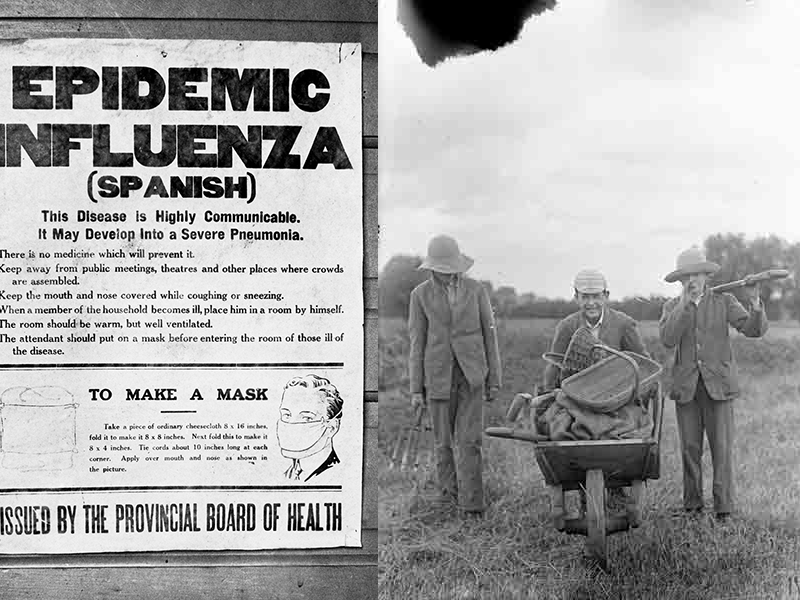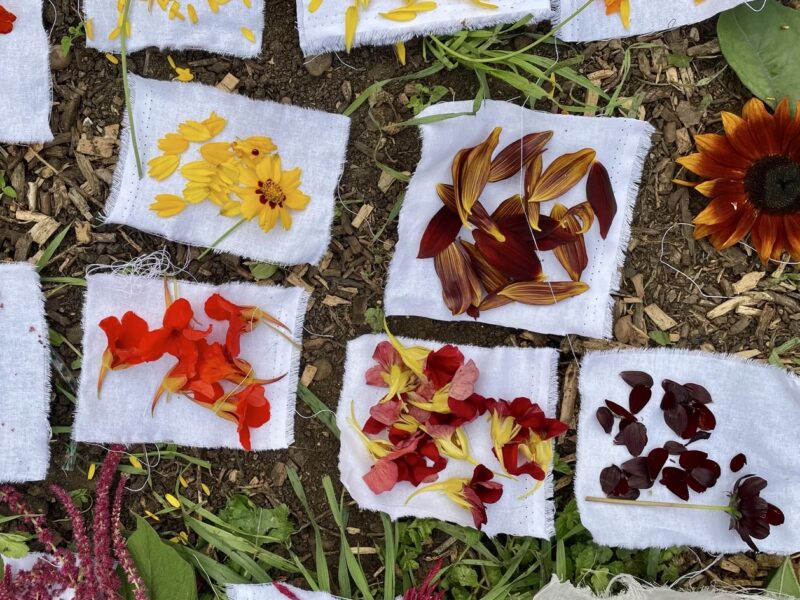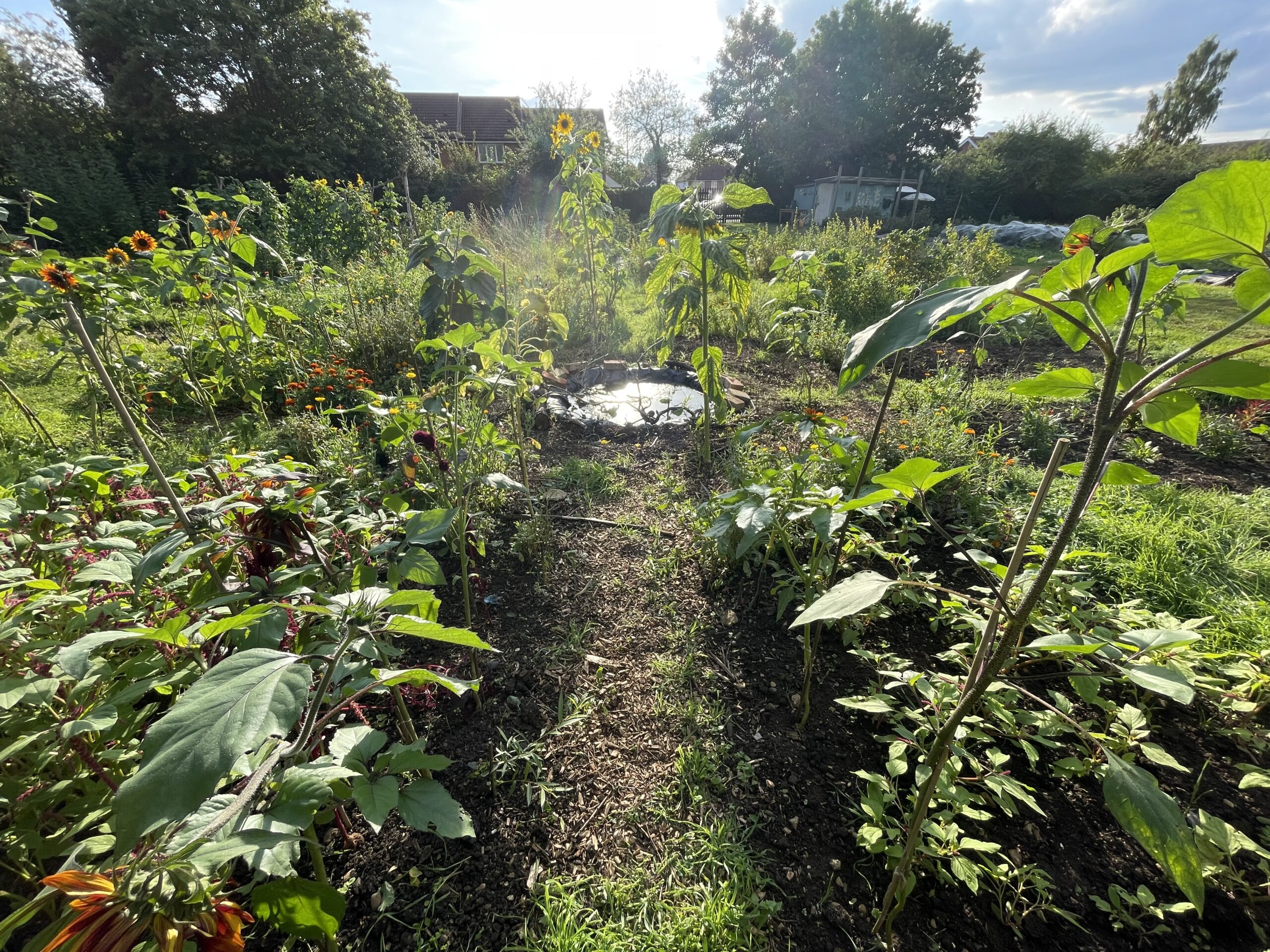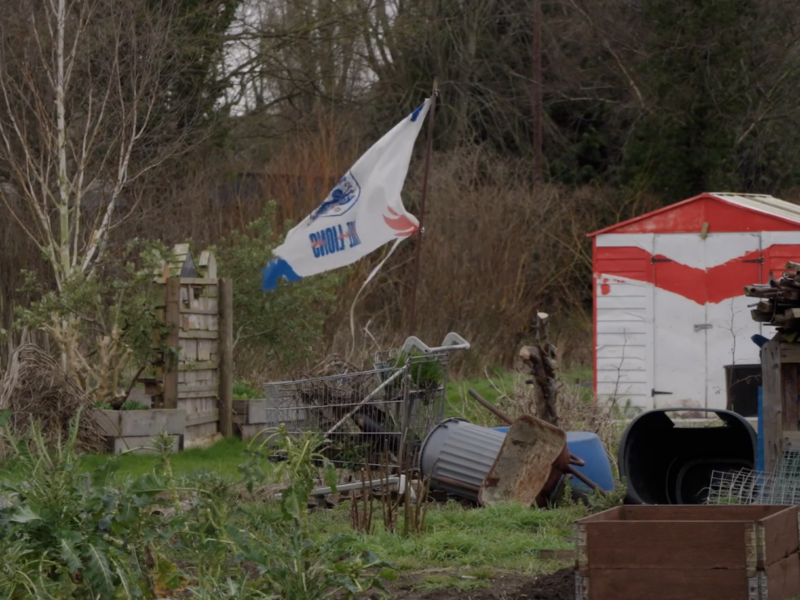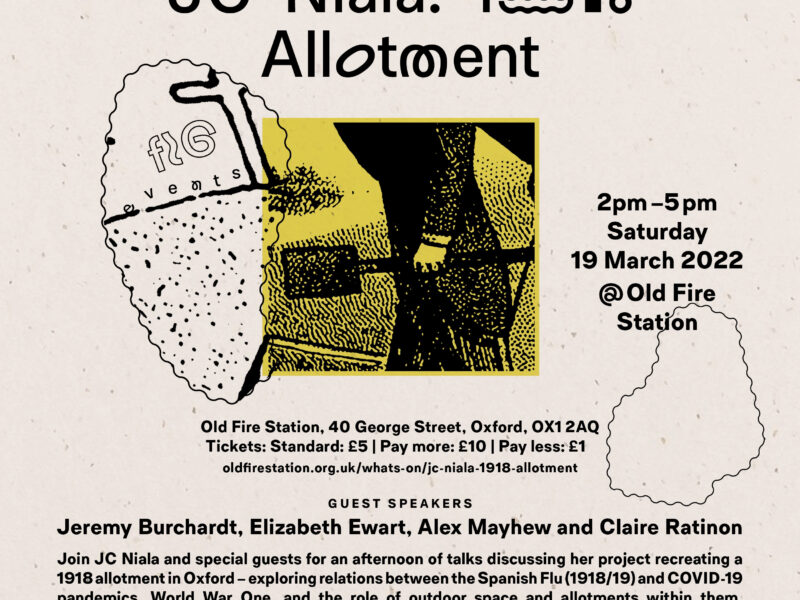Journal — September 2021
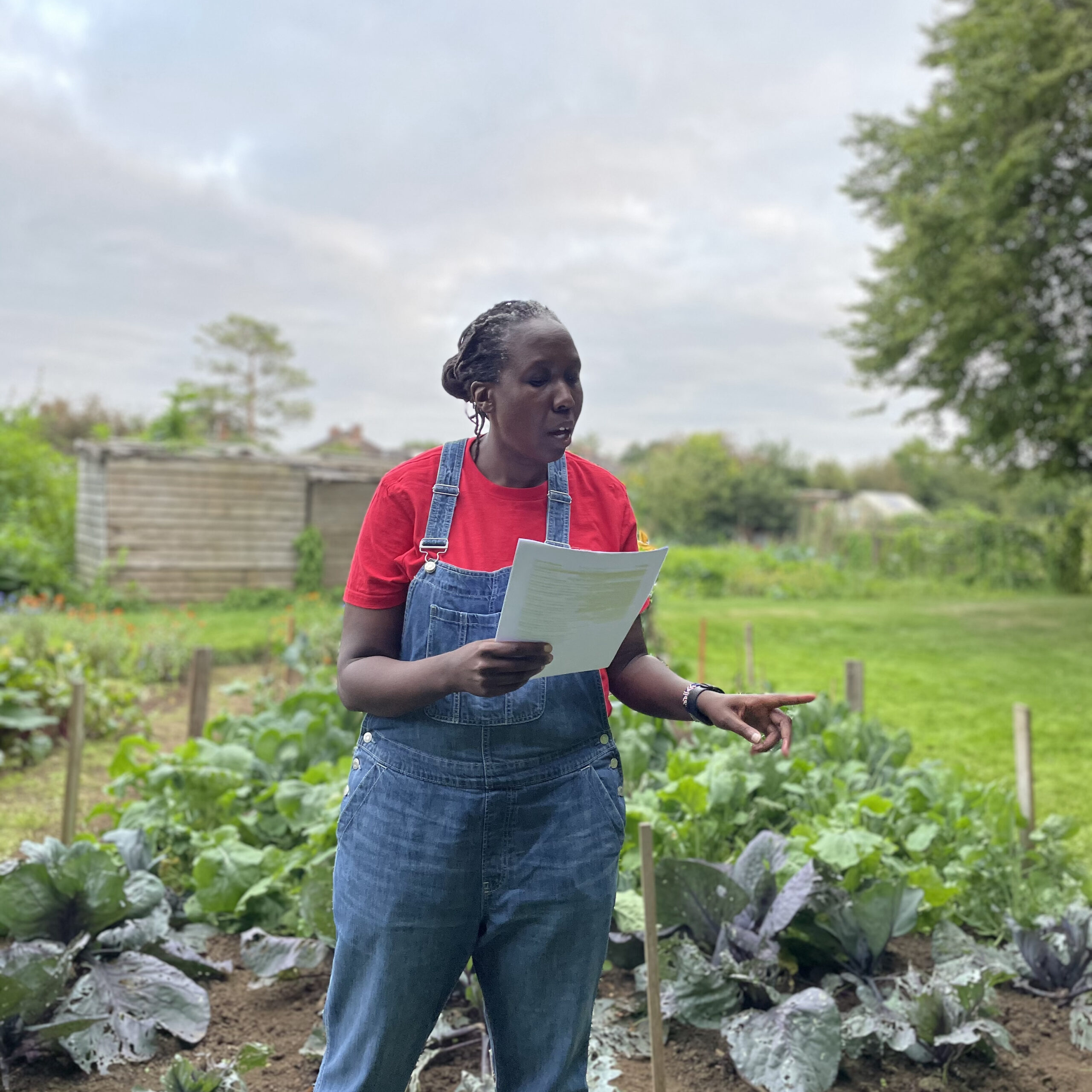
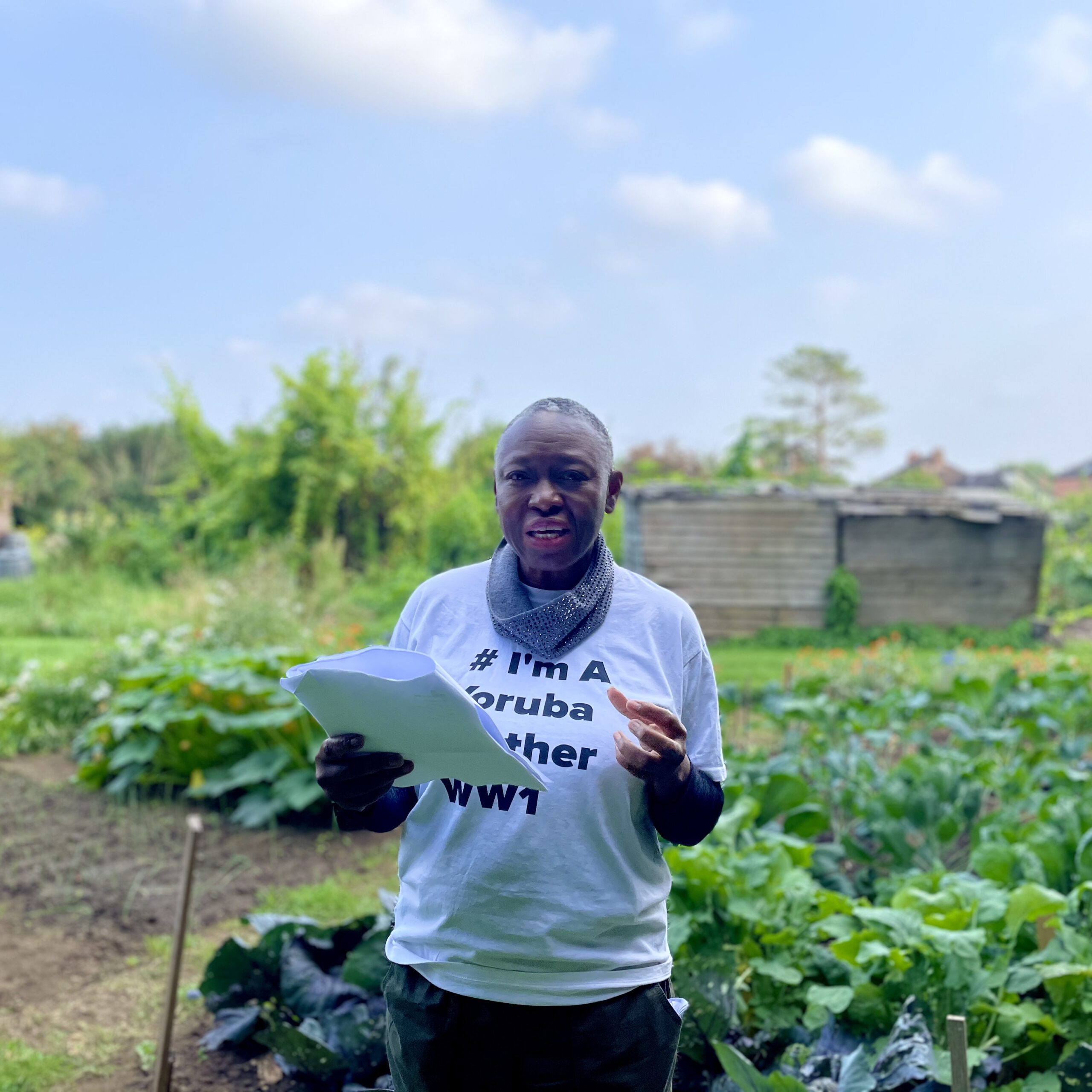
Reflecting on the morning after the weekend before, it seems simple. Gather in a beautiful setting, share some bounty from the allotment plot, sprinkle liberally with poetry and one has the makings of a ‘transporting event’ where at least one participant ‘came away from the allotment and poetry feeling calm and inspired’. Reading this and other heart-warming comments from the (in total) four events held this summer at the 1918 Allotment, helped to counterbalance any concerns I had about what I could have done differently (or better).
One of the most wonderful aspects of the events was the number of people who told me their growing stories. They were invariably about people who they loved, rather than their own gardening tales. I was told about fathers and grandfathers who not only grew on their allotment plots but also taught the person telling me about them how to do it. I was told stories about men who made it home from the war but also those who did not. Even though I felt I did a lot of talking – it seemed the allotment site provided time for visitors to reflect.
As I am writing this – it feels very much like I participated in an unexpected exchange – some squash for a story. Tomatoes for a poem – literally. By the final event I gathered the courage to share some completely new work – poems that I had not read to anyone before that were about the tomatoes we lost to blight. After the poetry readings were done, one of the people who had come to listen rushed off to their allotment plot and returned with a small box of tomatoes – as a gift for the ones that I had lost.
I remain moved by this and it occurs to me that movement is a great gift that growing plants give us. Even before we put a seed into the soil, we are transported in time to the moment when it will break through into a seedling. As I shared experiences with visitors to the site, I have found during the course of my research that allotmenteers who grow flowers mainly do so to give them to other people. I spoke with one who would fill her bike’s basket with them and share flowers with every passer-by she encountered on her way home.
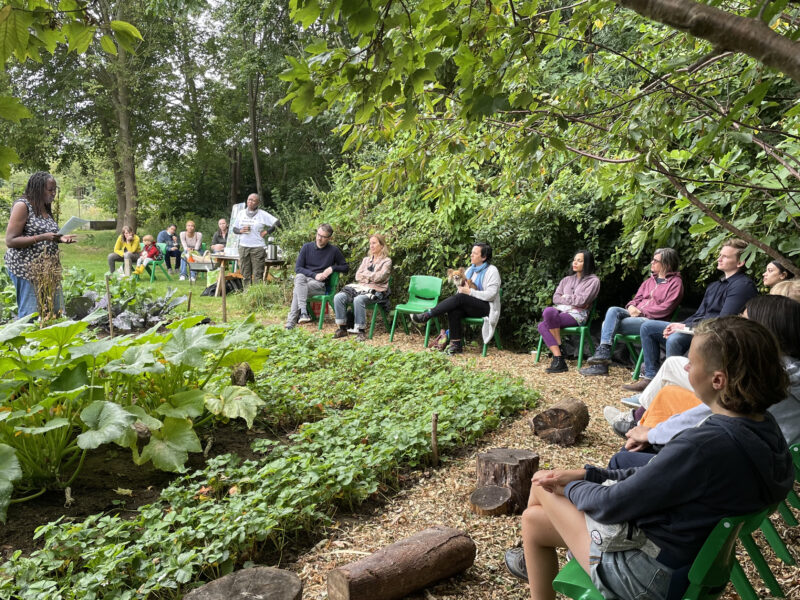

I think that what I love most about plants is the wide range of sensations that they encourage us to express. There’s the delight of a new seedling, the frustration with weeds (which are after all plants in the wrong place), the nourishment we experience when we eat the harvest. There is even the reminder they issue on their death that when plants have finished breaking down – they will jumpstart new life. The welcome understanding that even in challenging times life is a process of transformation.
When I first conceived of the idea of a 1918 Allotment, as silly as it sounds now – it never once crossed my mind that it might become a living memorial and truly offer a space for people to reach into the past but also reflect on the present and hope for a better future. I am also aware that for some who came to visit it was about none of that, and instead was the chance to soak up the sun, eat some nice food and wash it down with a tot of rum. That, of course – is completely fine too.
